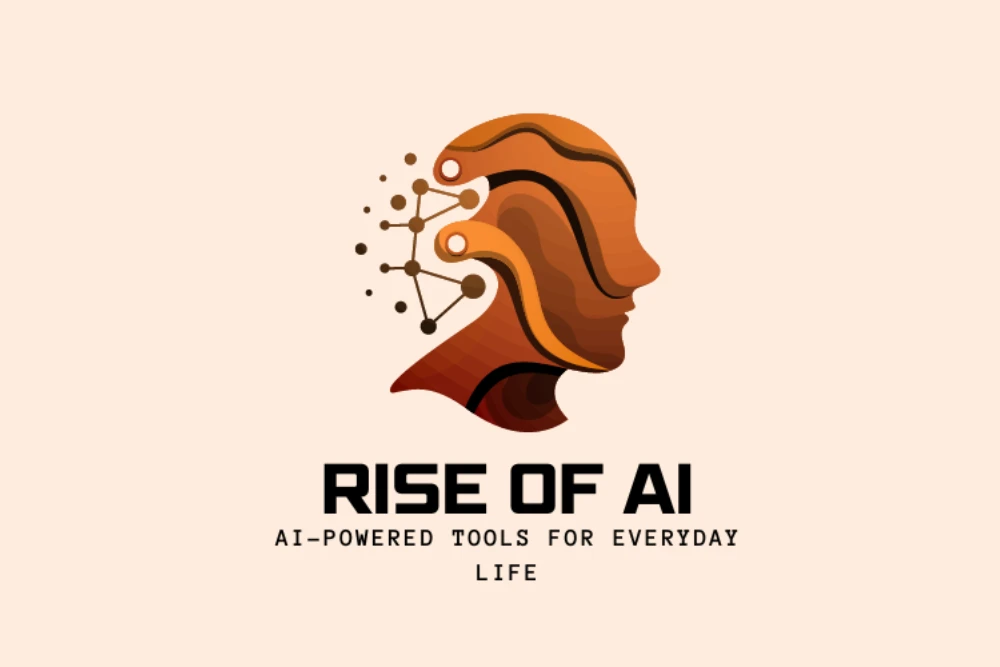
x
V
2
B
t
e
c
h
Welcome Guest, Login






